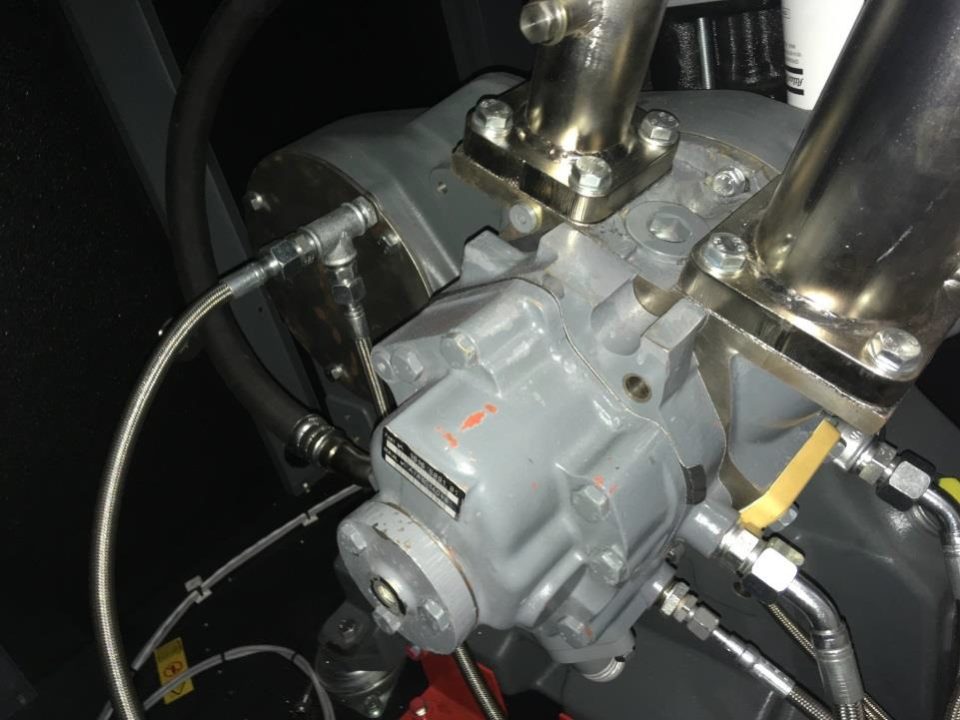The COMPRESORP project investigated the upgrading of low-temperature waste streams from the process industry into valuable utility streams. To do so, it used compression-resorption heat pumps that operate in the wet regime. The potential energy savings correspond to 5% to 9% of the energy consumption in Dutch industry. The project was completed earlier this year.

By realizing the COMPRESORP project, the project partners have become acquainted with the possibilities and benefits of implementing the compression-resorption heat pumps for processes that require heat at high temperatures. The project also quantified the benefits of using wet compression in heat pump applications.
The limitation for short-term implementation in practice is the low TRL of the compressor prototype at the end of this project. Future work remains necessary to bring the wet compressor to higher TRL levels.
If fossil electricity is used to drive the compressors, 2.8 to 4.9 million tons of CO2 emissions would be avoided by using compression-resorption heat pumps. However, if sustainable electricity is used, 3.5 to 8.2 million tons of CO2 emissions can be prevented.
The market potential for compression-resorption heat pumps is high but uncertain, as the application will mostly take place in existing complexes with associated high adaptation costs. The market for new built plants, which would allow direct integration, is limited.
A new product deployed in a demonstration plant and part of normal business operations can be delivered within one to three years. A major challenge remains the design of economically affordable shaft seals that can operate at high rotational speed for at least 3000 to 4000 hours without maintenance. The compressor design should preferably be relatively small but standard rather than large and custom made.
Discussions of a possible follow-up regarding the development of a demonstration installation where the entire heat pump cycle can be implemented and tested, are ongoing. This would help to further identify the challenges and opportunities for compression-resorption heat pumps when applied to industrial sites. One of the main challenges will be operating the system, especially if the process flows are not constant and the temperatures are also not constant.
In the light of this project, the partner organization Atlas Copco has created a prototype oil free wet compressor as part of the new project LESSON. At the end of this project experiments to determine its performance under high temperature heat pump conditions will be available showing its potential.
This project is co-funded by TKI-E&I with the supplementary grant ‘TKI- Toeslag’ for Topconsortia for Knowledge and Innovation (TKIs) of the Ministry of Economic Affairs and Climate Policy.
Acknowledgement
This project is co-funded by TKI-E&I with the supplementary grant 'TKI- Toeslag' for Topconsortia for Knowledge and Innovation (TKI’s) of the Ministry of Economic Affairs and Climate Policy.
